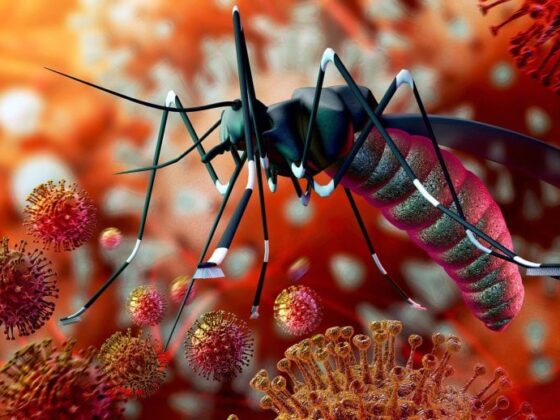A new report from Cornell University has revealed a serious issue in India: 27 out of every 1,000 children die because their families use dirty cooking fuels. This report, titled “Cooking Fuel Choice and Child Mortality in India,” was written by Arnab Basu and others. It used data from household surveys collected between 1992 and 2016.
The study found that the youngest children, especially infants less than a month old, are most at risk. Their lungs are still developing, and they often stay close to their mothers, who usually cook in the household. This exposure to smoke from dirty fuels is very harmful.
The research also stated a troubling fact: young girls are more affected than boys. This isn’t because girls are more vulnerable to the smoke, but because of a cultural preference for sons in India. Families are less likely to seek medical help for their daughters, which increases their risk of dying from illnesses caused by dirty cooking fuels.
Arnab Basu and his team stress that switching to cleaner cooking fuels can greatly improve children’s health and help reduce the gender gap in healthcare. The World Health Organization supports this, noting that about one-third of the global population uses biomass fuels for cooking, leading to 3.2 million deaths each year. While outdoor air pollution gets a lot of attention, indoor air pollution is a major issue too. It’s influenced by local farming practices and how households are managed.
Moving to cleaner cooking fuels isn’t just about protecting the environment. It’s also about saving children’s lives and making sure both boys and girls have equal access to healthcare.











